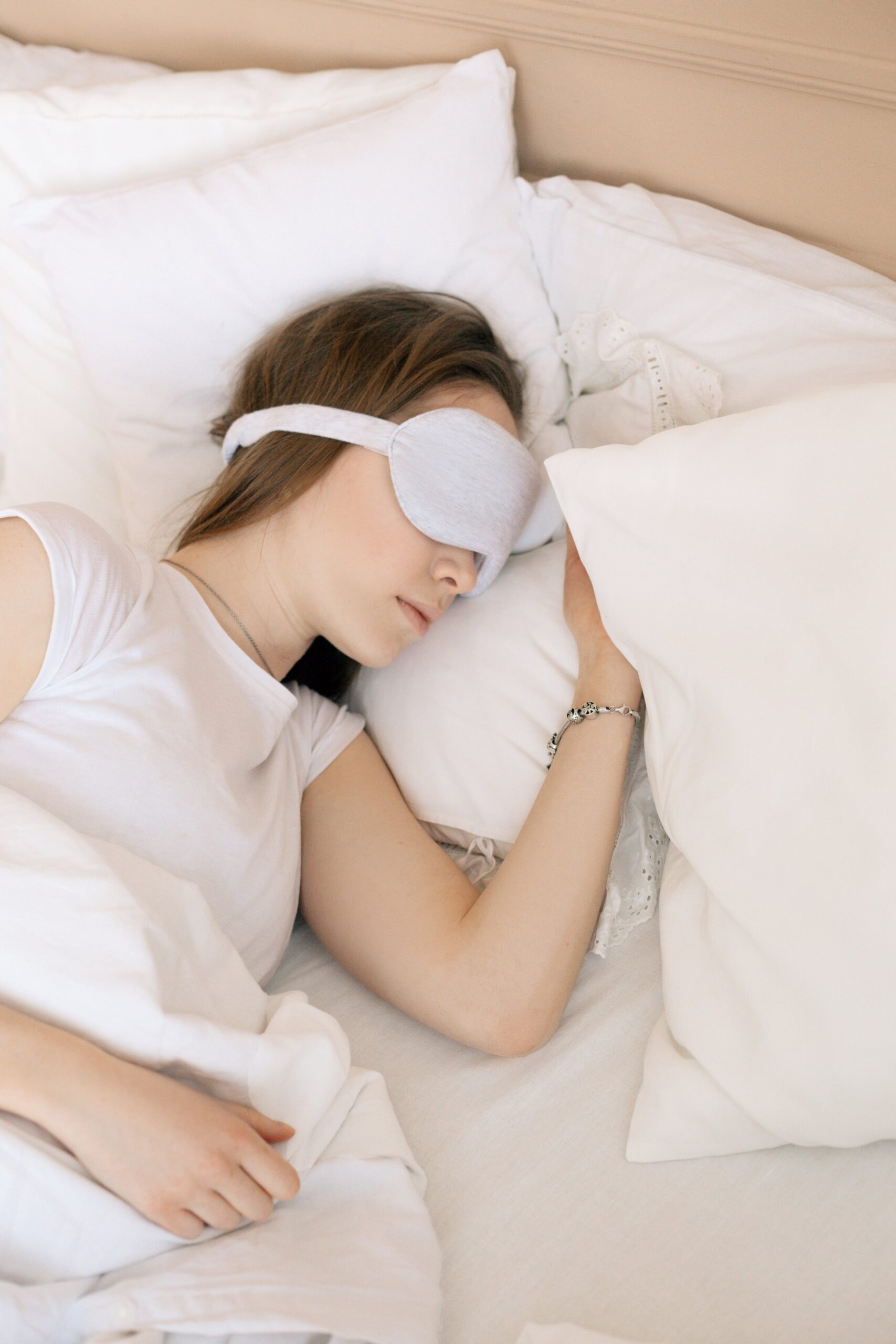Searching for the best way to get better sleep is important for overall health and well-being. However, many struggle with sleep problems. Therefore, incorporating healthy habits and lifestyle adjustments can improve sleep quality. Here are some valuable tips to enhance your sleep experience:
Establish a Consistent Sleep Schedule
Maintaining a regular sleep routine helps regulate your body’s internal clock. Aim for consistent sleep and wake times, even on weekends, to train your body to fall asleep and wake up naturally. Control your circadian rhythm, promoting better sleep quality.
Create a Relaxing Bedtime Routine
Design a pre-sleep ritual that signals your body that it’s time to wind down. Activities like reading, taking a warm bath, practicing relaxation exercises, or meditating can signal to your body that it’s time to prepare for sleep.
Optimize Your Sleep Environment
A comfortable sleep environment plays a pivotal role in fostering better sleep. Ensure your bedroom temperature is somewhat cold, dark, and quiet. Invest in a comfortable mattress and pillows, and consider using blackout curtains or white noise machines if needed.
Mind Your Diet and Exercise
Maintaining a balanced diet and incorporating regular exercise contribute to better sleep. Avoid heavy meals and caffeine close to bedtime. An emphasis on early morning exercise can improve sleep quality when nearing bedtime. later in the evening However, vigorous workouts before bed might, in turn, stimulate rather than relax you.
Manage Stress
Stress and anxiety can hinder sleep. Practicing stress-relieving techniques like meditation, deep breathing exercises, or yoga can ease the mind and prepare it for a restful night.
Limit Screen Time Before Bed
Too much blue light emitted from screens can disrupt the production of melatonin, a hormone that regulates sleep. For this reason, avoid screens at least an hour before bed, because it will in fact allow your mind to wind down naturally.
Consider Your Sleep Position
The solution to better sleep might be in the position in which you sleep, which can impact the quality of your sleep. There’s no one-size-fits-all rule; many find that sleeping on the back or side helps alleviate snoring and other sleep disturbances.
Seek Professional Help If Necessary
Sleep issues might indicate an underlying problem. If you continue to experience difficulties sleeping, it’s advisable to consult a healthcare professional to rule out any medical conditions affecting your sleep.
Here is a great device we recently tested to help with sleep: Apollo Neuro
